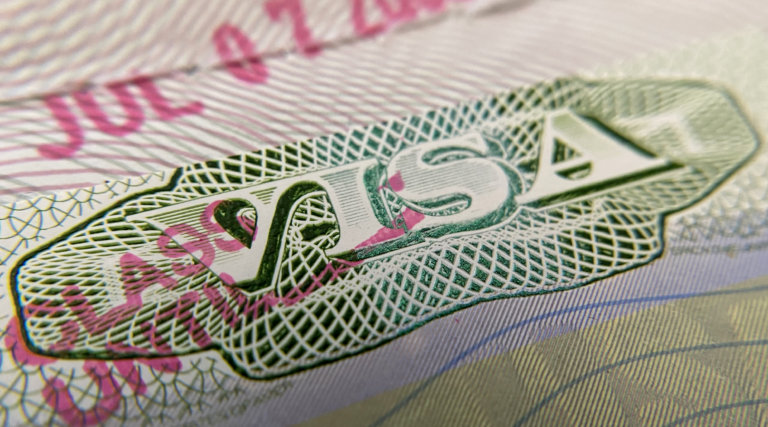
First-year international students will not be allowed on campus in the fall or be given F-1 student visas, according to Harvard University dean Rakesh Khurana.
In a letter posted on the university website, he said, “I am writing today to share the difficult news that our first-year international students will not be able to come to campus this fall.
“Despite the Immigration and Customs Enforcement (ICE) division’s decision to withdraw the directive that would have prohibited currently enrolled international students in the US from taking an all-online course load this fall, this reversal does not apply to our newly admitted international students who require F-1 sponsorship.
“At present, any incoming student who received a Form I-20 to begin their studies this fall will be unable to enter the U.S. in F-1 status as course instruction is fully remote.”
This means that international students will not be able to apply for F-1 student visas if all classes at their university are online this fall. They will have to study in their home countries.
The University of Southern California has also informed new international students that they will probably not be granted visas to enter the US.
Currently, the exemption for international students only apply to those who are already in the US and have F-1 student visas.
ICE states on its website: “For F-1 students enrolled in classes for credit or classroom hours, no more than the equivalent of one class or three credits per session, term, semester, trimester, or quarter may be counted toward the full course of study requirement if the class is taken online or through distance education and does not require the student’s physical attendance for classes, examination or other purposes integral to completion of the class”.

A view of Harvard Yard on the campus of Harvard University on July 08, 2020 in Cambridge, Massachusetts. Harvard and Massachusetts Institute of Technology have sued the Trump administration for its decision to strip international college students of their visas if all of their courses are held online. Source: Maddie Meyer/Getty Images/AFP
Khurana said Harvard is working closely with members of the Massachusetts congressional delegation to extend the online exemption to newly admitted students, but they don’t anticipate any changes to the policy in time for the fall semester.
Universities can opt to hold in-person classes as that would allow new international students to receive their F-1 student visas, but due to the rising cases in the country, most universities like Harvard will not be doing so this fall.
Khurana said, “Some of you have asked if it would be possible to offer courses in person or through a hybrid model that includes some in-person instruction as a way to enable first-year international students to obtain an F-1 Visa and join us on campus.
“We explored this option and concluded that given the unpredictability of current government policies and the uncertainty of the COVID-19 crisis, this path could jeopardise both our international students’ ability to enter or leave the US in the future and our community’s health.”
New international students at Harvard can either opt to learn remotely from their home countries or choose to defer by July 31, 2020.
No F-1 student visas for incoming intake as US unis lose popularity
According to an analysis by the National Foundation for American Policy, international student enrollment in the US is expected to decline sharply this year due to the pandemic.
“The enrollment of new international students at US universities in the Fall 2020/21 academic year is projected to decline 63% to 98% from the 2018/19 level, with between 6,000 to 12,000 new international students at the low range, and 87,000 to 100,000 at the high range.”
“The decline of as many as 263,000 students from the 2018/19 academic year total of approximately 269,000 new international students would be the lowest level of new international students since after World War II when the numbers started to be tracked.”
Louis Caldera, co-chair and senior advisor of the Presidents’ Alliance, told The PIE News that the lack of definitive guidance by the Department of Homeland Security (DHS) undermines the country’s standing as the destination of choice for international students.
He also said that despite international students spending months or years, and thousands of dollars to prepare to study in the US, the rug is being pulled from under their feet.
“International student enrollments were already expected to be down. DHS’s failure to provide this needed flexibility will likely reduce enrollments by tens of thousands of students and cost the affected schools and their local economies millions of dollars.”
Liked this? Then you’ll love…
Chinese students in US asked to ‘be on guard,’ prepare for ‘arbitrary interrogations’
From a high-risk country? Here’s what to expect when studying abroad in 2020







